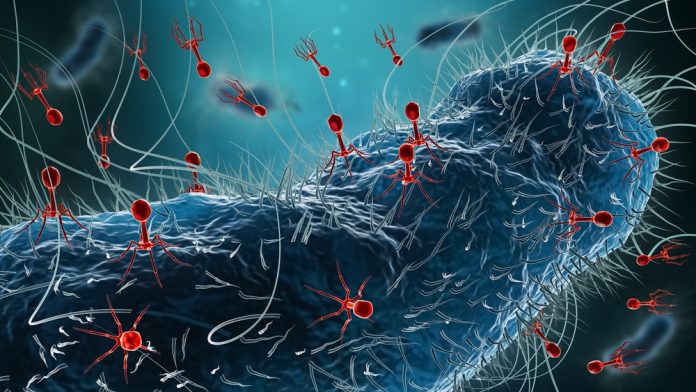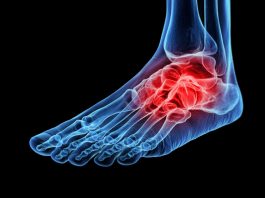The global phage therapy market is experiencing remarkable growth, fuelled by rising antimicrobial resistance (AMR) and the increasing prevalence of foodborne diseases.
According to InsightAce Analytic, the phage therapy market is poised to reach a value of $116.6m by 2028, growing at a robust compound annual growth rate (CAGR) of 18.9% from 2022 to 2028.
This emerging sector is positioned to redefine the future of medicine, offering a promising alternative to traditional antibiotics.
Phage therapy explained
Phage therapy utilises bacteriophages – viruses that specifically infect and kill bacteria – as a targeted treatment for bacterial infections.
Unlike broad-spectrum antibiotics, bacteriophages are highly specific, leaving healthy bacteria untouched. This precision helps maintain the body’s natural microbial balance, making phage therapy a safer and more effective option for combating bacterial infections.
One of the most significant advantages of phage therapy is its potential to address antibiotic-resistant bacteria, which poses a critical threat to global health.
The World Health Organization (WHO) has identified antimicrobial resistance as one of the top public health challenges of our time.
Phage therapy offers a ray of hope, especially for patients with infections that no longer respond to conventional treatments.
Additional benefits of phage therapy include:
- Safety: Bacteriophages are composed of proteins and nucleic acids, making them naturally non-toxic.
- Versatility: They can be administered orally, externally, or surgically.
- Compatibility: Phages can be combined with antibiotics for enhanced efficacy.
- Accessibility: As phages occur naturally, they are relatively easy to isolate and develop into therapeutic formulations.
Key drivers of phage therapy market growth
The surge in antimicrobial resistance is a primary driver of the phage therapy market. Improper and excessive use of antibiotics has accelerated the emergence of resistant bacterial strains, necessitating innovative solutions.
Phage therapy is gaining traction as a viable alternative, particularly for patients allergic to conventional antibiotics.
Other significant factors propelling the market include:
- Expanding applications: Beyond human medicine, phage therapy is finding use in veterinary science, agriculture, and even dentistry.
- Increased R&D investments: Extensive research is paving the way for modernised bacteriophage treatments, making them more effective and commercially viable.
- Food safety concerns: Phage therapy is being utilised to combat foodborne pathogens, ensuring safer food and beverage products.
However, challenges such as a lack of trained professionals and high development costs continue to hinder market expansion.
Regional insights: Growth across the globe
North America dominates the phage therapy market, driven by a growing demand for probiotics and gut health supplements. The region boasts a strong presence of leading manufacturers that are pioneering advanced phage-based solutions.
Additionally, the Asia-Pacific region is emerging as a hotspot for phage therapy innovation. Multidrug-resistant infections, such as those caused by Staphylococcus aureus, are spurring interest in bacteriophage treatments.
Collaborative research efforts between pharmaceutical companies and government institutions are further accelerating market growth in this region.
The future of phage therapy
Phage therapy is more than a niche solution; it represents a paradigm shift in how we approach bacterial infections. Its ability to target specific pathogens while preserving beneficial bacteria positions it as a game-changer in modern medicine.
As research continues and public awareness grows, the global phage therapy market is set to flourish, offering hope in the fight against antibiotic resistance.
With its myriad applications across healthcare, agriculture, and beyond, phage therapy is poised to transform industries and improve lives worldwide.
The phage therapy market stands at the intersection of innovation and necessity. As the world grapples with the mounting challenge of AMR, this burgeoning field offers a sustainable and effective solution.
By addressing unmet medical needs and unlocking new possibilities, phage therapy is not just the future of medicine – it’s the present.









